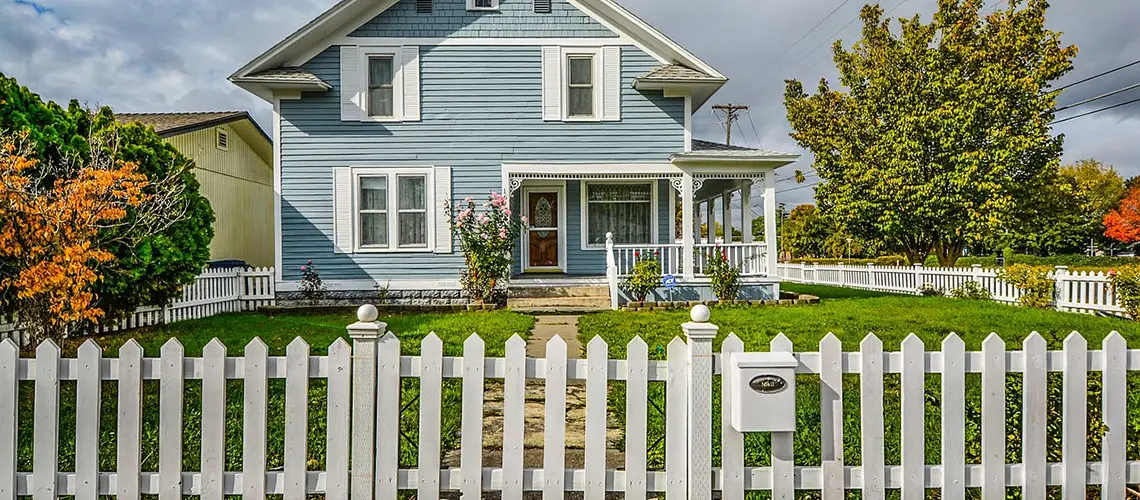When it comes to property valuation in Australia, ensuring that your chosen valuer possesses the right credentials and expertise is paramount. Property valuations play a crucial role in various real estate transactions, and relying on a qualified valuer is essential to make informed decisions. In this article, we will explore the qualifications, credentials, and expertise that matter most when selecting a Sydney property valuer.
Qualifications Matter
The foundation of a competent property valuer is their qualifications. To be certain you’re working with a professional who can accurately assess the value of your property, consider the following credentials:
1. Tertiary Education
Qualified property valuers typically hold a bachelor’s degree in fields such as property economics, valuation, or real estate. This education equips them with the necessary knowledge of property valuation principles, economic factors, and market dynamics.
2. Licensing and Registration
In Australia, property valuers must be licensed or registered to practice legally. These credentials ensure that valuers adhere to industry standards and ethical guidelines established by the relevant authorities. It’s essential to check if your chosen valuer possesses the required licenses for your specific state.
3. Professional Associations
Membership in professional associations, such as the Australian Property Institute (API), is a significant credential. These associations often have stringent membership requirements and standards that valuers must meet to join. Being a part of such organizations reflects a commitment to professionalism and continuous development.
The Expertise You Need
While qualifications are essential, practical expertise is equally vital in the world of property valuation. Look for valuers who have experience in the specific type of property you’re dealing with, whether it’s residential, commercial, industrial, or rural. Here are some areas of expertise to consider:
Local Market Knowledge
Valuers with a deep understanding of the local property market can provide more accurate valuations. They know the intricacies of the area, including trends, demand, and property values, which can significantly impact their assessments.
Specialization
Depending on your property type, you may want to seek out valuers with specific expertise. For example, if you’re dealing with heritage-listed properties, finding a valuer experienced in heritage valuations can be invaluable.
Track Record
Review the valuer’s track record and client testimonials, if available. An established valuer with a history of successful valuations is more likely to provide reliable services.
The Credentials That Matter Most
When choosing a property valuer, it’s essential to prioritize the credentials that matter most for your specific situation. Consider the following factors:
- Property Type: Ensure the valuer has experience with your property type, whether it’s residential, commercial, or industrial.
- Local Knowledge: Local expertise is crucial, so choose a valuer who knows the area well.
- Professional Associations: Membership in reputable professional associations can be a reliable indicator of a valuer’s commitment to quality.
- Qualifications: Verify that the valuer holds a relevant degree and the necessary licenses.
Choose Wisely: Your Property Valuer, Your Confidence
In conclusion, property valuations are a critical aspect of many real estate transactions. To ensure you receive accurate and reliable valuations, it’s essential to choose a property valuer with the right credentials and expertise. Prioritize qualifications, experience, and local knowledge when making your selection, and you’ll be well-equipped to navigate the property market with confidence.



